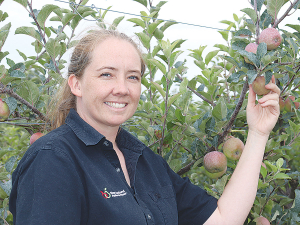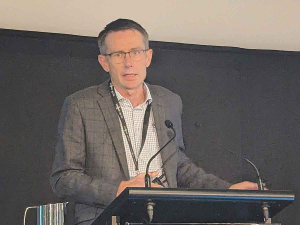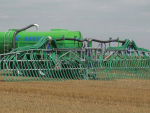In New Zealand the answer is, it is difficult to tell. The Crown Research Institute is involved with land-based production research and gains less than half their income from the government. In an effort to stay afloat, they have taken on more and more commercially funded projects. So have the universities for a similar reason.
In an attempt to justify existence, research bodies have moved into activities designed to show stakeholders they are working with them. Money has been spent on surveys, field days and conferences at the expense of actual research where results can be translated to the farm and improve the bottom line – maximising the difference between production costs and value of output.
Early press releases about products which 'could' or 'might' make a difference means agricultural research is becoming like medical research – everything could be a cure for cancer... or cause it... depending how much you ingest and which week it is. Frequently the expense of the next stage means the research is left at 'could' and 'might' and sometimes classed as 'fringe' or 'alternative'.
Sufficient funding should be made available to ensure proof of concept is followed by proof of efficacy. It should not be left to the individual to bear the expense of the testing.
Farmers are coping with an economic, climatic and ecological environment which is increasingly unpredictable, within increasing restrictions on tools that can be used to reduce risk. New Zealand needs a group of top farmers and top scientists sorting out research direction – a combination of common sense and practical understanding identifying where feasible adjustments could be made within the boundaries of commercial reality for most farms. Then the government should fund it. Simple.
• Jacqueline Rowarth is Professor of Pastoral Agriculture, Massey University








